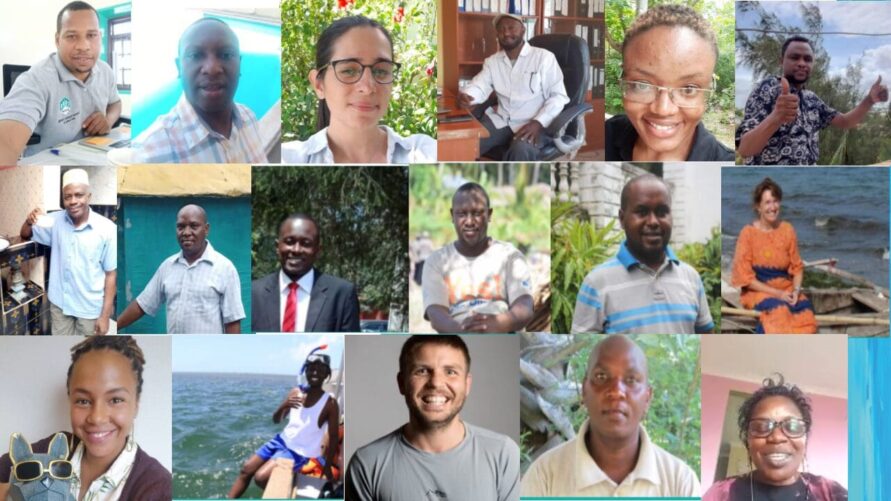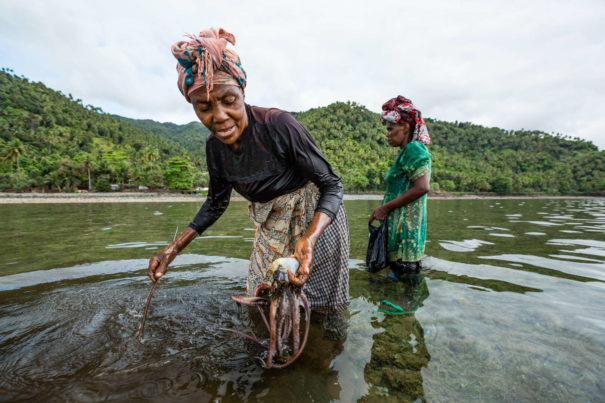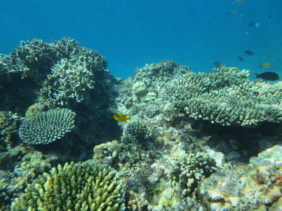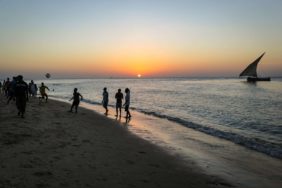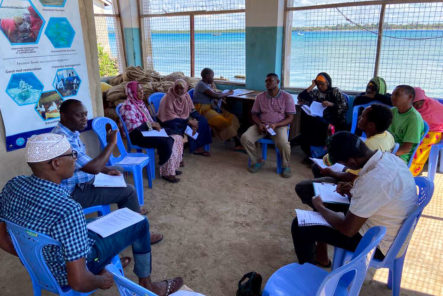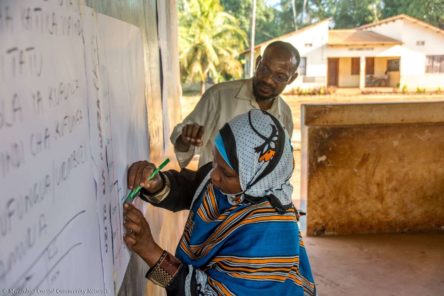At the end of April, the first online African Marine Conservation Leadership Programme coordinated by Blue Ventures and Maliasili ended after an intense but successful final week of training. The programme brought together marine conservation leaders across East Africa to build their capacity and develop a flourishing peer learning and partnership network. The leaders remained committed to the programme as the planned in-person training had pivoted online due to the COVID-19 pandemic. This was a testament to the dedication of these changemakers to building a united African voice for marine conservation.
Using a participatory approach, this final week focused on enabling collaboration and cooperation amongst leaders and overcoming the barriers to effective collaboration in the marine conservation sector. The sector faces challenges when it comes to working together effectively, with cohort members raising challenges like the duplication of efforts, competition for funds and conflicting objectives amongst organisations. In-depth discussions revolved around reflections by the cohort on the enabling factors for better collaboration.
The three key routes to collaboration that the training centred on were shared intent and action, skilful coordination and strong relationships. Participants were asked to share their organisations’ greatest collaboration challenges and explore possible solutions. The course reiterated the need to focus more on viewing collaboration on a personal level rather than at an organisational scale – this helps to create better and more meaningful working relationships.
Collaboration is about people as much as it is about organisations” – Nyaga Kanyange, Director at COMRED
A panel discussion led by conservation governance and leadership experts explored the need for cooperation between organisations in the cohort and other sectors such as government and the private sector.
Gladys Warigia, the policy coordinator at Kenya Wildlife Conservancies Association; Rupert Quinlan, outreach director at Blue Ventures; Patricia Mupeta-Muyamwa, Africa indigenous landscapes strategy director at The Nature Conservancy; and Fred Nelson, CEO of Maliasili, shared their experiences and strategies in dealing with the government, including the use of agreements for instituting better communication channels and creating more partnerships.
Following the panel sessions, it became evident that the leaders are keen to contribute to the growth of conservation leadership in the Western Indian Ocean. The leaders agreed to invest time and effort into a long-term vision for collaboration and forming meaningful partnerships. Calls from the experts reiterated the need for leaders to be aware of the values, resources and perspectives their organisations bring to a partnership. The importance of having shared values and vision with partners helps to create focus and a clear vision.
It’s difficult to think of a least favourite session, as I really learned something from them all. Whether it was the content or something one of the cohort members brought to the session, they were all incredibly valuable.”
The seven-month journey ended with the leaders pledging to apply the knowledge and skills learnt from the programme to ensure their organisations succeed in supporting communities to conserve and use their resources adequately. We believe the success of the first cohort will create an opportunity to expand the programme beyond the Western Indian Ocean region and have a greater impact on marine conservation in Africa.
Learn more about Maliasili and their work supporting Africa’s conservation leaders
Read about how the programme quickly migrated from in-person to virtual training
Explore the African Marine Conservation Leadership Programme


